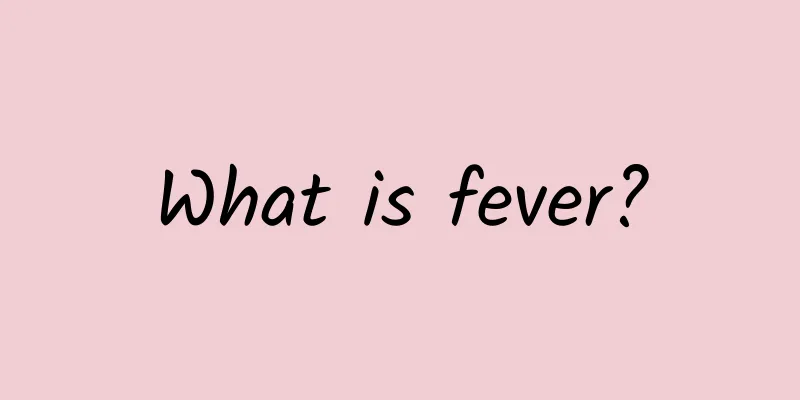Unipolar disorder

|
Nowadays, many people often encounter problems with emotional disorders. In fact, unipolar disorder is a psychological disorder. Most of the time, it will cause the patient's emotions to be high or low, often accompanied by lovesickness and retardation. Sometimes, the manic and anxious emotions will affect the people and things around them. This situation requires special attention. Symptoms of unipolar disorder The clinical manifestations of affective disorders are mainly high or low emotions, accompanied by racing or slow thinking, psychomotor excitement or inhibition. In a manic state, the patient's mood is high, disproportionate to the situation, and the patient may be elated, irritable, agitated, angry, and anxious. In severe cases, mental symptoms such as delusions and hallucinations that are coordinated or inconsistent with the mood may occur. When in a depressed state, the patient is in a bad mood, distressed, sad, pessimistic, desperate, unable to be happy, loses interest, has low self-esteem, and in severe cases develops suicidal thoughts and behaviors. The condition shows a rhythmic change from worse during the day to better at night. Unipolar disorder often presents with depression, irritability, or anxiety, or a combination of these. However, in latent depression, the depressed mood may not be consciously experienced. This depressed mood is replaced by physical discomfort, and the patient may even use a smiling face as a defensive mask (smiling depression). Some may complain of various pains, fears of disaster, or fears of going crazy. In some cases, because the morbid emotions have reached the point of "wanting to cry but having no tears", if the ability to cry is restored, it means that the condition has improved. People with this type of depression report an inability to experience normal emotions—including sadness, joy, and pleasure—and a feeling that the world has become dull and lifeless. The morbid mood may be accompanied by self-blame, self-defeating thoughts, inability to concentrate, indecisiveness, decreased interest in daily activities, social withdrawal, helplessness and despair, and recurrent thoughts of death and suicide. During both unipolar and bipolar depressive phases, there are pronounced psychomotor and autonomic signs. Patients display psychomotor retardation, or slowness of thought, speech, and general movements, and may even progress to the point of depressive stupor, where all voluntary movements completely disappear. About 15% of depression may have psychotic symptoms, most commonly seen in melancholy. Whether it is unipolar disorder or bipolar disorder, 15% of people may suffer from depression. Everyone should be familiar with depression, and they also know that the consequences of this disease are very terrible. So if you find that you or someone around you has the above situation, it is best to go to the hospital immediately for diagnosis and treatment. |
<<: The biggest difference between real fire and false fire
>>: Is aplastic anemia contagious?
Recommend
Peroneal tendinitis
After peroneal tendonitis occurs, it needs to be ...
What medicine is used for skin metal allergy
Our skin is a very delicate area, especially for ...
What should I do if my baby has urethral adhesion?
In daily life, adhesion of the urethra after the ...
Where should I apply moxibustion for Qi deficiency? People who are most suitable for moxibustion
People with yang deficiency and qi deficiency are...
Can walnuts and eggs be eaten together?
Eating some walnuts properly on a regular basis c...
What to do if you have bloating and constipation
The phenomenon of abdominal bloating and constipa...
The efficacy of kapok tea
Perhaps many people don’t know what kapok flowers...
Can Tongcao and Wangbuliuxing be cooked together?
I just gave birth to a baby, but I have very litt...
What causes tongue gland cysts?
The tongue is an important component of the oral ...
What are the clinical manifestations of bacteremia?
Some friends may be confused about bacteremia and...
How to scrape the inner thigh
Everyone knows that there are a lot of people who...
The efficacy and effects of Litsea cubeba
Litsea cubeba, also known as Litsea cubeba, is a ...
Can I take Chinese medicine during chemotherapy?
Chemotherapy is mainly aimed at the condition of ...
What Chinese medicine should I take for kidney qi deficiency?
Kidneys are one of the most important organs in o...
How to perform manual repositioning of otolithiasis
The treatment for otolithiasis includes manual re...









